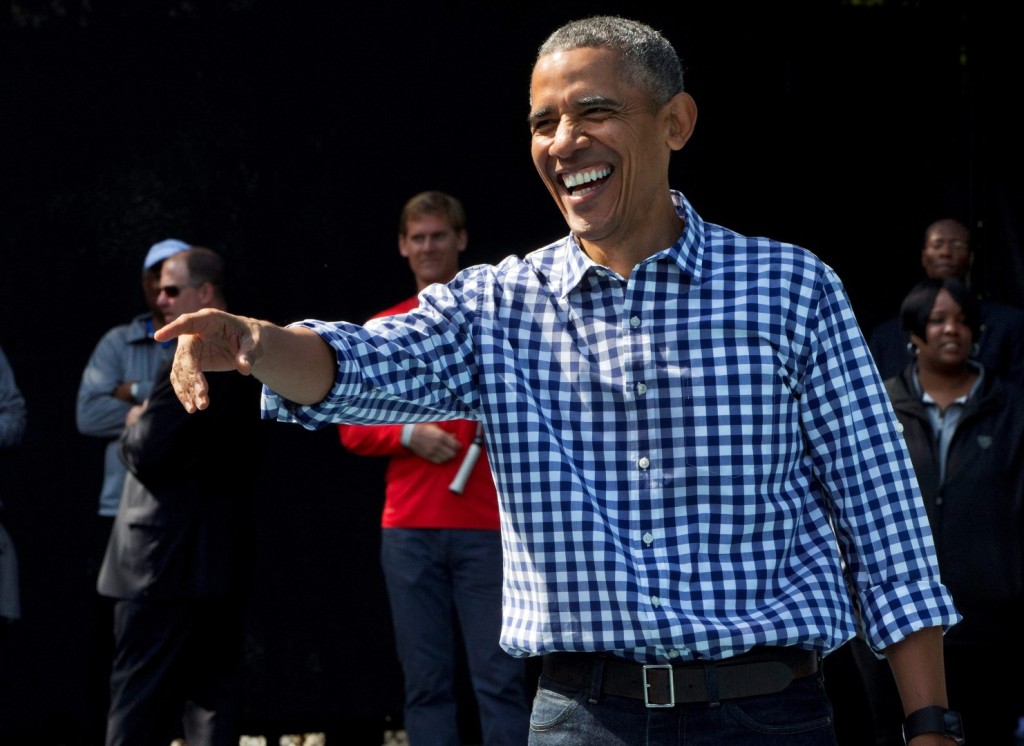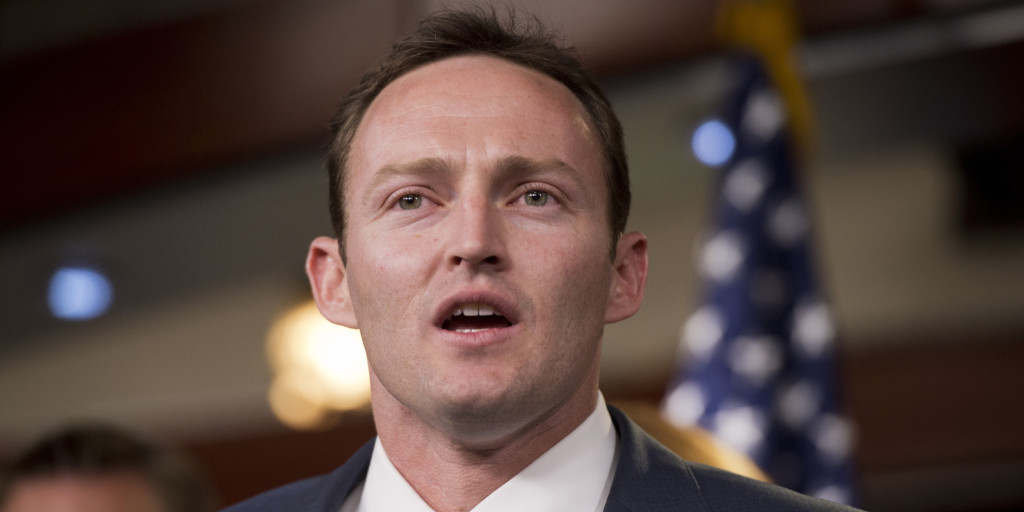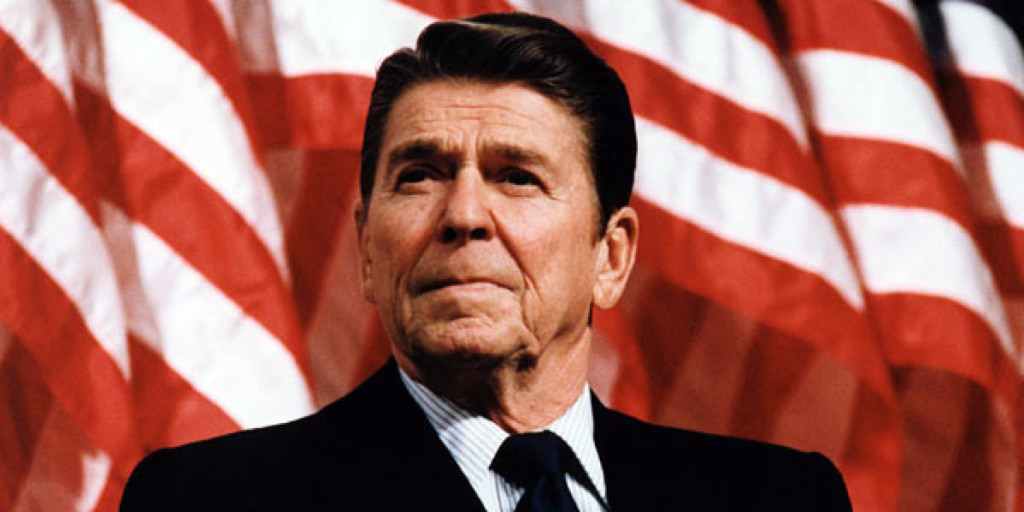Marco Rubio on Donald Trump: First a con man, now better than Hillary Clinton

A dangerous, erratic, con man with the worst spray tan ever. That’s how Sen. Marco Rubio described Donald Trump when they were both seeking the Republican presidential nomination. Now that Trump is the nominee and Rubio is running for re-election, his tone is different. He’s no longer criticizing Trump, but he isn’t exactly gushing praise. Democrats are trying to make him look like a hypocrite for backing the man he previously said shouldn’t have access to nuclear weapon codes, and for jumping back into the Senate race after he said he wouldn’t. “Sen. Rubio is actually the real con man here,” said U.S. Rep. Patrick Murphy, who is challenging U.S. Rep. Alan Grayson for the Democratic nomination. “He said something to the effect of, ‘Ten thousand times, I’m telling you I’m not going to run for the Senate again.’ Well guess what? He’s running for the Senate again.” But don’t ask Rubio to reconcile supporting Trump with his past criticism. “We’ve gone through that a million times,” Rubio said at a campaign stop at a Tallahassee restaurant. “At this point we’re just going to continue to focus on my race and leave the past in the past.” Last month in Panama City, Rubio said he is supporting Trump because he pledged early in the campaign to support the Republican nominee. “There are only two people in the world that are going to be president of the United States in 2017,” Rubio said. “It will either be Hillary Clinton or Donald Trump. And It can’t be Hillary Clinton.” Leaving his remarks in the past isn’t something his opponents are willing to do. Republican developer Carlos Beruff often criticizes Rubio for not enthusiastically supporting Trump, and Murphy and Grayson are calling him out for his hypocrisy. Grayson described the relationship between Trump and Rubio by quoting late New York Yankees manager Billy Martin, who once said of late team owner George Steinbrenner and star outfielder Reggie Jackson: “The two of them deserve each other. One’s a born liar and the other’s convicted.” (Steinbrenner had pleaded guilty to making illegal contributions to President Richard Nixon‘s campaign.) “That’s sort of how I feel about watching the love/hate fest between Marco Rubio and Donald Trump,” Grayson said. Beruff, who has spent $8 million of his own money in the Republican primary, has repeatedly criticized Rubio for not doing more to support Trump. “There are some people who don’t like the tepid response that Rubio has shown to Trump,” Beruff said. “There’s a loyalty there.” Beruff’s effort doesn’t appear to be working: He’s far behind Rubio in the polls just a week away from the Aug. 30 primary. Republicans say it’s a matter of forgiving and forgetting, despite Rubio making fun of Trump’s small hands, suggesting the billionaire wet his pants during a debate and mocking his Twitter misspellings at a campaign rally. Wearing a “Make America Great Again” baseball cap to show support for Trump, Republican Bob Bezick, 64, of Madison said after attending Rubio’s Tallahassee event that he didn’t appreciate the back and forth between Rubio and Trump. But it won’t stop him from backing Rubio. “It’s policies more than any of the chatter. All that stuff is just noise,” Bezick said. And despite the not-so-cozy relationship between Rubio and Trump, Republicans say they won’t vote for Murphy or Grayson. “That would be an extreme example of cutting off your nose to spite your face,” said Orange County Republican Party Chairman Lew Oliver. If anything, Oliver said, keeping his distance from Trump could help Rubio with independent voters or Democrats dissatisfied with their party’s nominee. “Tactically, that’s not a bad maneuver from his perspective because he’s probably going to get the Republican votes regardless,” Oliver said. Republished with permission of The Associated Press.
Neutral in presidential race, Barack Obama digs in for other Dems

In a rural stretch of Kentucky, voters picked up the phone in March to hear President Barack Obama on the line, urging them to vote for a little-known Democrat named Jeff Taylor. That an obscure special election for a Kentucky House seat had caught the president’s attention seemed odd. Yet Taylor won, joining two other victorious Democrats to deny Republicans the chance to take over the last Democratic-run legislative chamber in the South. Though he’s staying neutral in the Democratic presidential race, Obama is wading deep into Democratic primaries for Congress, state legislature and even mayoral races, cherry-picking candidates he sees as stronger while preparing to campaign in person for Democrats in the fall. Democratic officials said Obama and Vice President Joe Biden are in high demand this year —a sharp reversal from just two years ago, when Obama was politically toxic. Most Democratic candidates in 2014 practically begged Obama and his sagging poll numbers to stay away, relegating the president to a few Democrat-friendly states like Michigan. This year, upbeat economic news and rising approval ratings have increased his value to Democrats in the last election cycle before he leaves office. “You’re going to see ever-increasing requests for Obama and Biden to campaign for candidates this year,” said Amy Dacey, the CEO of the Democratic National Committee. So far this year, Obama has endorsed candidates in nine races, in addition to four he endorsed last year. He’s backed former Gov. Ted Strickland for Senate in Ohio over Cincinnati councilman P.G. Sittenfeld, and he came to the aid of Rep. Debbie Wasserman Schultz, who faces a surprisingly strong primary challenge despite being the chairwoman of the Democratic Party. Obama and Biden also endorsed Katie McGinty in Pennsylvania, who faces an uphill battle to defeat former Rep. Joe Sestak in the Democratic primary for Senate. The Democratic Senatorial Campaign Committee, which works to elect Senate Democrats, touted the endorsements in a television ad released Tuesday as part of a $1.1 million campaign. In Florida, Obama sided with Rep. Patrick Murphy over Rep. Alan Grayson, a favorite of the liberal wing of the Democratic Party who is under scrutiny by the House Ethics Committee. The two Democrats are running for outgoing GOP Sen. Marco Rubio‘s seat. All the Senate candidates Obama has endorsed have also been endorsed by the DSCC, a wing of the Democratic Party. “It’s mirroring what’s going on with Hillary Clinton and Bernie Sanders, where the establishment Democrats are backing different candidates than their liberal, progressive base wants,” said Andrea Bozek, communications director for the National Republican Senatorial Committee. Bozek called it a sign of desperation that Democrats felt they needed to bring in Obama to secure their preferred candidates. Even Democrats denied Obama’s endorsement are reluctant to complain about favoritism, wary of turning off loyal Obama supporters. Tim Canova, the law school professor challenging Wasserman Schultz, said the attention actually helped because it “really put us on the map.” “It seemed like a sign that Wasserman Schultz is worried about our campaign, that she would have gone running to the White House for an endorsement,” Canova said. Two years ago, Democrats fought their toughest Senate races in conservative-leaning states where Obama has always been deeply unpopular. The map shifted this year to states Obama won twice, including New Hampshire, Nevada and Colorado — also critical states for winning the White House. “The president right now is the most popular elected official in the country among Democrats and independents,” said David Simas, the White House political director. “When you start looking at what these battleground states will be at the presidential, Senate and House level, the map is pretty wide open for the president to engage and be helpful.” Though Obama won’t be on November’s ballot, the stakes for his legacy are just as high. A return of the White House to GOP control would augur the likely rollback of many of his policies on health care, immigration and the environment. Yet Democrats say the chaos in the GOP presidential race has created an opening to take back the Senate and maybe even the House, preserving Obama’s policies for years to come. Obama’s involvement in lower-tier races stands in contrast to his lower profile in the presidential race, where Obama is avoiding publicly choosing sides between Clinton and Sanders. White House officials said Obama will campaign full-force for the eventual nominee, but in the meantime his main role has been to attack Donald Trump. Biden, huddling with House Democratic candidates over the weekend in New Mexico, told them having Trump or Texas Sen. Ted Cruz on the ballot would benefit Democrats in lower-tier races, said a Democratic aide who requested anonymity to discuss the private meeting. Biden has already campaigned for Senate candidates in Florida, Ohio, Pennsylvania and Nevada. Republished with permission of the Associated Press.
Patrick Murphy joins in SEIU Florida Minimum Wage Challenge

U.S. Rep. Patrick Murphy will try to stretch $85 over five days as part of the Florida Minimum Wage Challenge, the Jupiter Democrat announced Wednesday. The Service Employees International Union launched the Minimum Wage Challenge to advocate for increasing the minimum wage to $15 an hour. Florida’s minimum wage is currently $8.05 an hour. “As living costs rise, hardworking families have not seen a pay raise for far too long, and they deserve better,” Murphy said. “A meaningful increase in our minimum wage would mean bigger paychecks for working families and more customers for small businesses. That’s exactly what Florida needs right now, and I will continue fighting every day to put our middle-class families first.” SEIU came up with the $85 budget based on how much the average minimum wage worker has left over after housing expenses. A 40-hour week at $8.05 an hour comes out to about $285 after taxes, with the average minimum wage worker spending $200 a week on rent and utilities. Challengers are encouraged to take public transportation, go on a grocery shopping trip and see what social activities are affordable with a $17 a day budget. The service industry union notes that actual minimum wage workers would need to spread that money over seven days, not five, which it says is “a little break” for challenge participants. Murphy is the only one of Florida’s 27 representatives who has agreed to the challenge though many state legislators participated in the event in 2015. The first-term congressman is currently running against fellow Democratic U.S. Rep. Alan Grayson and a host of Republicans for Marco Rubio’s Senate seat.
Ed H. Moore: Which GOP candidate is most like Ronald Reagan?

I was sitting in my car eating lunch from a drive-thru and listening to a host who has presumed to speak for all things conservative in America. He was rambling on about which of the current Republican candidates for president was most like Ronald Reagan and concluded it must be Ted Cruz. I nearly choked on my sandwich and then decided to list several of the key elements of the eight years of Reagan’s presidency. Unlike the talk show host, I will not assign the Mantle of Reagan Conservatism upon any specific candidate. I will let you be the judge. History matters a lot, which is why I read historical novels, biographies and even do a monthly radio show on topics in history. When I do speak, I work to let the listeners draw their own conclusions. I present a historical narrative, working to set the times and the temperature of a period, so they do not judge what has come before through the lens of current times. I want listeners to filter out biases, grabbing a slice of time and attempting to see what influenced decisions and actions based on what they knew and what they attempted to accomplish. I am aware of the adage that historians, by writing about the past, can alter what is known in the present to affect the future. Not all historians have an agenda; most do not. But I know that all radio talk show hosts have agendas and use their time to alter perceptions so that the future might be bent to their way of thinking. That is what they are paid to do. We, the listeners, are the filters. So let’s take a look at Ronald Reagan’s history and some decisions and positions he took as president. Do any of them or all of them lead to the conclusion that any single candidate shares his vision, philosophy, and style of governance? You decide. On taxes: When Reagan took office, there were 14 income tax brackets from 14 to 70 percent. He pushed Congress to reduce to two rates, at 15 and 28 percent, although these low levels did not last long. He also got incomes taxes indexed for inflation. He increased corporate and capital gains rates, cigarette taxes, gas taxes and altogether supported a dozen or so increases in various revenue programs. However the significant cuts were in income taxes, all designed to place more money in the hands of the consumers and less in government control. Note he was not rigidly anti-tax, and he worked closely with Congress to modify programs. He was decidedly small government in orientation and believed money should stay as much as possible with those who earned it. During his term, the deficit tripled to about $3 trillion, about 15 percent of what it is today. But we saw a huge growth in military spending during that era. On abortion: He proposed a constitutional amendment to ban all abortions except to save the life of the mother. It didn’t move forward, and he didn’t use much political energy to get it considered. He spoke often against abortion, but few actions were taken. As governor of California, he signed into law a bill that expanded abortion for therapeutic reasons. On Foreign Engagement: Reagan went to Washington determined to push back communism, especially in Latin America. Contrary to the leading 2016 candidate who wants to fully open doors to Cuba, Reagan wanted to make test cases out of El Salvador, Nicaragua and Cuba working to make sure Cuban adventurism was contained. The expansion of communism was thwarted and by the end of his term, the Soviets were in disarray. On Engagement with Congress: Early in his first term he worked with Congress to trade tax adjustments for spending cuts. He was offered a deal of $3 in spending cuts for every $1 of tax increases, and he accepted the “Tax Equity and Fiscal Responsibility Act of 1982.” As years went by, Congress ignored the cuts and focused on revenue enhancements. Reagan started out with a bang, working hard to get the Democrat-controlled House to support him on tax reductions. He worked phones, invited members to the White House and did personal pleas. Reagan wrote in his diary, “These Dems are with us on the budget and it’s interesting to hear some who’ve been here ten years or more say that it is their first time to ever be in the Oval Office. We really seem to be putting a coalition together.” He understood the critical role of being affable, cordial and compromising when he needed to do so. He was nonpartisan in his approach on matters requiring diplomacy, and he pledged to not campaign against any Democrat that voted for his tax and budget bills. Reagan was a master of getting along with people, allies or opposition, and found ways to come out ahead in the deal-making without either party losing face or respect. He revered the Office of the President and would never go into the Oval Office without being dressed for business. He carried himself with respect and was liked by his peers, unlike some running today. He worked hard to convince his opponents of the value of going his way, but profanity and name-calling were not tools of his trade. Maybe we should judge candidates more on comportment, personality and philosophy instead of who speaks the loudest, who is the quickest with a cutting remark or who places himself so far outside Washington they won’t be able to work within Washington to get things done. Who best wears Reagan’s mantle? *** Ed H. Moore resides in Tallahassee, Florida, where he is perpetually awaiting a rebirth of wonder.

